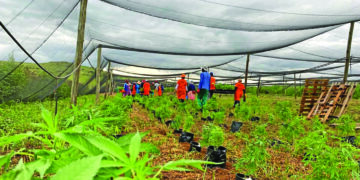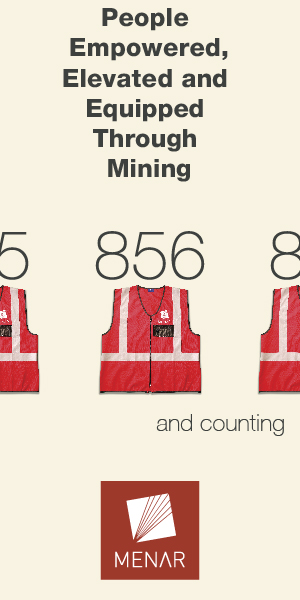By Azwidohwi Mamphiswana
Microsoft South Africa is integrating AI into SMMEs to improve operations, boost productivity and ensure sustainability.
They are key to economic growth, but face challenges like limited resources and intense competition.
Microsoft is investing in AI to improve operations, customer experiences and competitiveness.
“AI has the potential to unlock new opportunities for SMMEs, helping them become more efficient, resilient, and adaptable,” said Microsoft Africa president Lillian Barnard.
She added that AI helped businesses optimise supply chains and boost efficiency.
According to Kalane Rampai, managing director of Microsoft South Africa, early adopters like Derivco were already seeing significant benefits from AI. By automating tasks such as minute-taking, Derivco saved 30% of working time, which was redirected to more valuable tasks.
“We’ve seen a lot of good benefits from early adopters, especially in terms of unlocking productivity,” Rampai said.
SPAR has also reaped the rewards of AI adoption.
SPAR Group technology manager Greg Hay said that by integrating Microsoft 365 Copilot into their operations has not only boosted productivity but empowered their workforce to technologically advanced retail environment
“The impact of Microsoft 365 Copilot on SPAR’s operations has been significant,” Hay said.
“We’ve saved 715 man-hours annually, which we can now redirect to more productive activities. This has also allowed us to streamline our supply chain operations and improve inventory management, better responding to customer demand.”
For small business owners, AI adoption has the potential to bring about similar transformations.
Lwazi Khumalo, the owner of a small digital marketing agency in Akasia, integrated AI-powered customer service tools into his operations.
“Since adopting AI tools, we’ve seen a 50% improvement in response time and customer satisfaction. AI has helped us handle customer queries around the clock, allowing us to focus on high-value tasks,” Khumalo shared.
AI adoption doesn’t just lead to increased productivity—it can also generate significant financial savings.
Procter & Gamble, a multinational consumer goods company, has reported saving over US$1 billion annually through AI-enabled improvements in its supply chain and forecasting processes.
“Using AI to optimise logistics, reduce waste and improve forecasting accuracy has been a game-changer for us,” said Rampai.
Through its AI-skilling initiative, Microsoft plans to train one million South Africans by 2026, helping businesses build the expertise needed to thrive in the digital economy.
Bonga Mkhize, owner of The IT Café, a tech startup in Soshanguve, has integrated Microsoft Copilot and other AI-driven tools into his business.
He told Vutivi News that AI has transformed how his company operated, making tasks faster and more efficient.
“It helps my business become easy if you want to create, generate ideas and design in less minutes,” Mkhize said.
His company uses AI-powered tools to assist clients with digital content creation and photo editing.
“We use it to remove unwanted backgrounds for most of our customers,” he added, highlighting how AI enhanced the business’s service offerings.
To address these barriers, Microsoft’s Emerging Partner Programme helps small businesses, particularly Black-owned SMMEs, overcome obstacles such as limited access to capital and digital infrastructure.
With AI poised to transform business operations across South Africa, Microsoft’s initiatives are paving the way for a more resilient, competitive and sustainable SMME sector.
“We believe AI is not just a tool for survival, but a pathway for growth, helping businesses become more competitive and sustainable in a rapidly evolving global economy,” said Barnard.































































